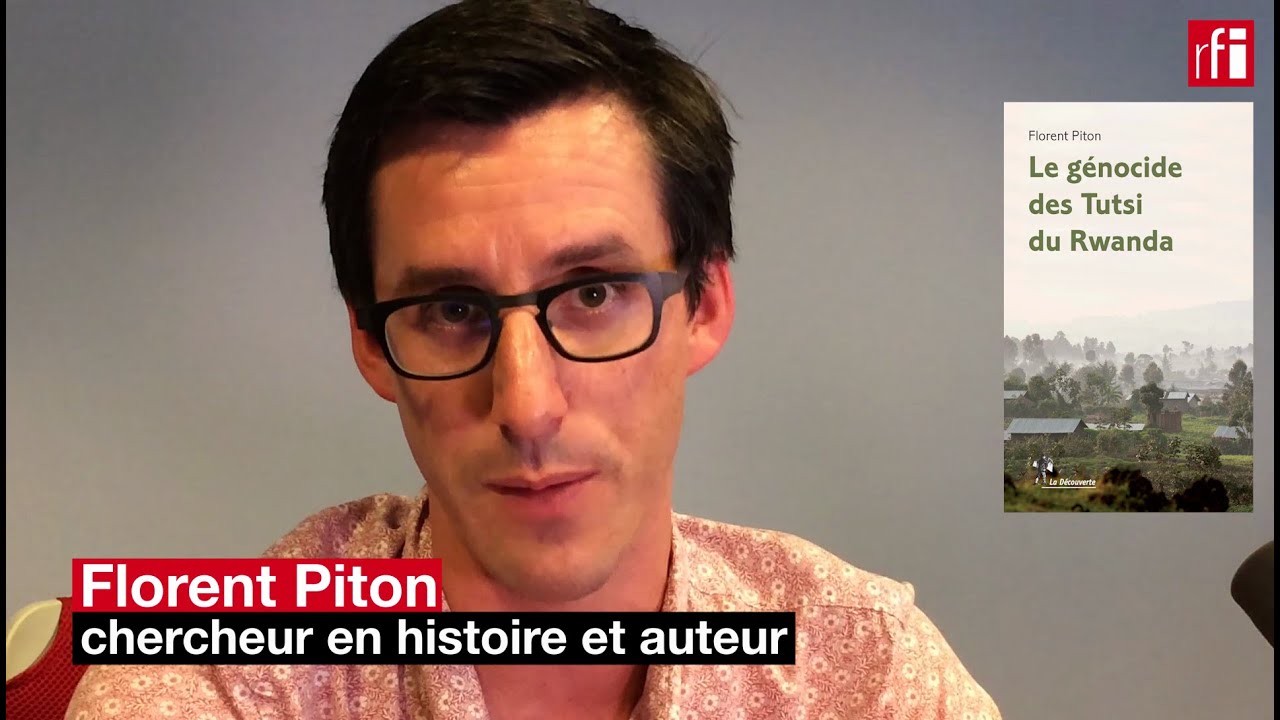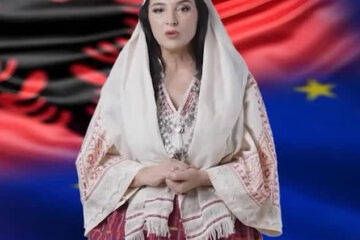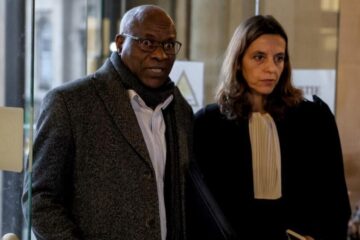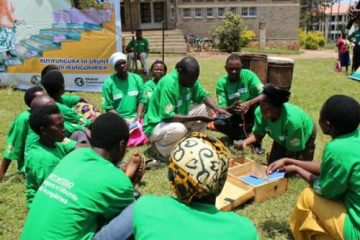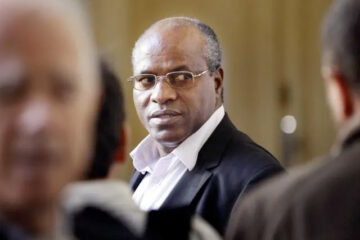The appeal trial of Rwandan doctor Sosthène Munyemana continued at the Court of Assizes of Appeal in Paris, where expert witnesses painted a detailed picture of the political planning behind the 1994 genocide and the psychological impact on survivors.
Expert Historians Confirm Genocidal Planning
Historian and researcher Florent Piton, author of Le génocide des Tutsi au Rwanda, testified that the genocide was not spontaneous but the outcome of a deliberate political project. He explained that from the early 1990s, certain factions within the MDR party embraced an ethno-racial ideology, marginalizing moderate voices and framing the Tutsi population as “enemies of the interior.” Piton highlighted the importance of both local and national actors in orchestrating the killings, noting that administrative and military structures played a crucial role in implementing the genocide.
He also underscored that even well intentioned officials, such as some ‘bourgmestres’ who tried to protect Tutsi, were quickly removed or assassinated, illustrating the pervasive control of extremist actors. “It is difficult to imagine the massacres occurring without the active participation of local authorities,” he told the court.
Psychological Perspective on Survivors’ Trauma
Clinical psychologist and psychoanalyst Diana Kolnikoff provided insight into the lasting psychological effects of the genocide. Drawing on three decades of experience with survivors of mass violence, she explained that victims experience profound terror, intentional harm, and a breakdown of social and familial bonds. Many develop coping mechanisms that may make them appear detached, but the underlying trauma remains. Kolnikoff emphasized the emotional strain of testifying and the re-traumatization that can occur during trials, highlighting the need for careful victim support throughout proceedings.
Investigative Challenges and Procedural Insights
French investigator Jean-Philippe Reiland from the OCLCH described the complexities of gathering evidence abroad. He praised the cooperation of Rwandan authorities and noted that investigators operate independently, often conducting sensitive interviews near witnesses’ homes. Reiland also underscored the emotional toll on investigators, particularly when witnesses have already recounted traumatic events multiple times.
Civil Party Representation
Finally, Alain Gauthier, president and co-founder of the Collectif des Parties Civiles, underscored the persistence of victims and civil parties in seeking justice. He noted that the defense’s approach at times appeared aggressive, yet witnesses remained central to reconstructing the events and understanding the systematic nature of the genocide.
The trial resumed after a lunch break at 14:30, with further witness testimony expected in the coming days. The proceedings continue to shed light not only on the historical and political context of the 1994 genocide but also on the enduring psychological scars borne by its survivors.


